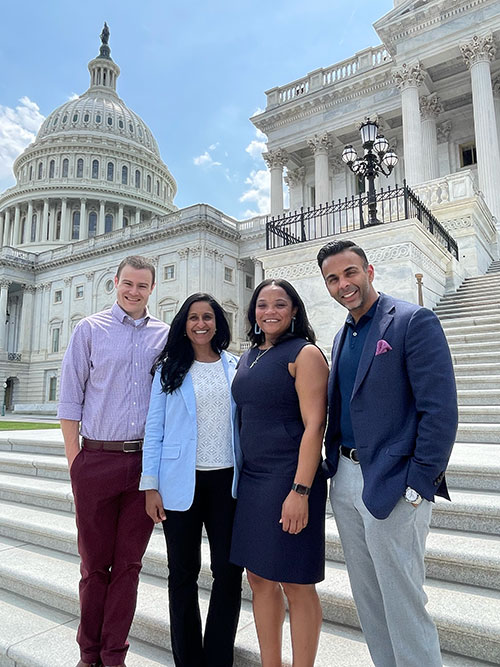Program Details
We designed the Executive MBA program at Texas A&M University for seasoned executives ready to take their leadership to the next level. An integrated curriculum prepares you to understand the organization as a whole through an intense focus on all areas of business: finance, strategy, mergers and acquisitions, accounting, operations, supply chain, marketing, and communication. The skills and knowledge gained, paired with our focus on your personal leadership development, will equip you to know yourself fully and prepare you to become a transformative leader. You, only better.

Curriculum
The Executive MBA program’s curriculum is meticulously crafted to mirror the dynamics of the business world.
Course List:
- Corporate Strategy
- Business Analytics
- Executive Performance
- Financial Accounting
- Operations Management
- Supply Chain Management
- Talent Management
- Organizational Leadership
- Leading Teams
- Managerial Economics
- Management Accounting and Control
- Corporate Finance
- Entrepreneurship
- Marketing Management
- Marketing Strategy
- Legal and Ethical Issues in Business
- Corporate Governance
- Negotiations
- Global Finance
- Mergers & Acquisitions
- Capstone Consulting Project
- Career Management


Residency Week
Residency Week marks the start of students’ Executive MBA experience. This week, which is held at Texas A&M’s Mays Business School in College Station, sets the stage for the program’s rigorous curriculum while allowing students to experience the renowned “Aggie Spirit” firsthand. Following is a summary of the week’s events:
- Foundational coursework: Students complete the first series of program modules that serve as the foundation for the program’s curriculum. Sessions include team building skills, communication skills, the Case Method and data analysis.
- Focus on professional competencies: Modules on self-assessment, business communication and team building introduce students to skill sets that will be enhanced and developed throughout the program’s four semesters.
- Set expectations: Executive MBA students have the opportunity to learn from program graduates who take part in a candid panel discussion about their MBA experience. This discussion offers suggestions on how to successfully balance graduate school, work and family.
- Build relationships: Students meet and get to know classmates, faculty members and previous graduates through a variety of social events. These activities encourage participants to interact informally with each other and the faculty so they develop camaraderie that continues into the classroom.
- Experience Aggieland: Executive MBA students learn about Texas A&M through by taking a campus tour, meeting the Texas Aggie Yell Leaders and learning about Aggie traditions.
Washington Campus Seminar
All Executive MBA students take part in the Washington Campus Seminar, a four-day program in Washington, D.C. that takes place in May of the program’s first year. This seminar is tailored to help Executive MBA students learn more about the various federal institutions and policy-making processes that have an impact on businesses. The seminar features a variety of speakers, including current and former government officials, media personalities, political party representatives, federal regulators, and government staffers.


Capstone Project
The Capstone Project offers Executive MBA students a chance to tailor their MBA experience by engaging in a program-long project for their organization. This project enables students to showcase the collective business knowledge and leadership skills they’ve acquired throughout the program as they address a crucial challenge faced by their client. It involves identifying and defining a problem, crafting an approach that integrates their classroom learning, and generating actionable recommendations that can make a substantial impact on the organization. Students conduct research, perform quantitative and/or qualitative analyses, develop and test solutions, formulate choices and recommendations, create professionally written deliverables, and conclude with a final oral presentation.
Program Courses
The Executive MBA is 45 credit hours completed during four semesters in 21 months. No summer classes. The program begins with a residency week.
Residency Week
Year 1 – Fall Semester
- Business Analytics
- Financial Accounting
- Operations Management
- Talent Management
- Organizational Leadership I
- Leading Teams
- Executive Performance
- Capstone Consulting Project
- Career Management
Year 1 – Spring Semester
- Supply Chain Management
- Managerial Economics
- Management Accounting and Control
- Corporate Finance I
- Entrepreneurship
- Executive Performance
- Capstone Consulting Project
- Career Management
Washington Campus Seminar
Year 2 – Fall Semester
- Corporate Finance II
- Corporate Strategy
- Marketing Management
- Marketing Strategy
- Legal and Ethical Issues in Business
- Executive Performance
- Capstone Consulting Project
- Career Management
Year 2 – Spring Semester
- Corporate Governance
- Negotiations
- Organizational Leadership II
- Global Business & Leadership
- Mergers & Acquisitions
- Executive Performance
- Capstone Consulting Project
- Career Management




